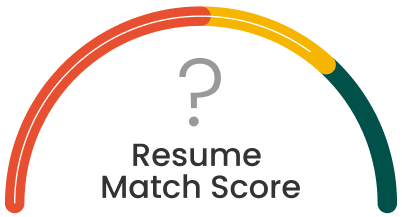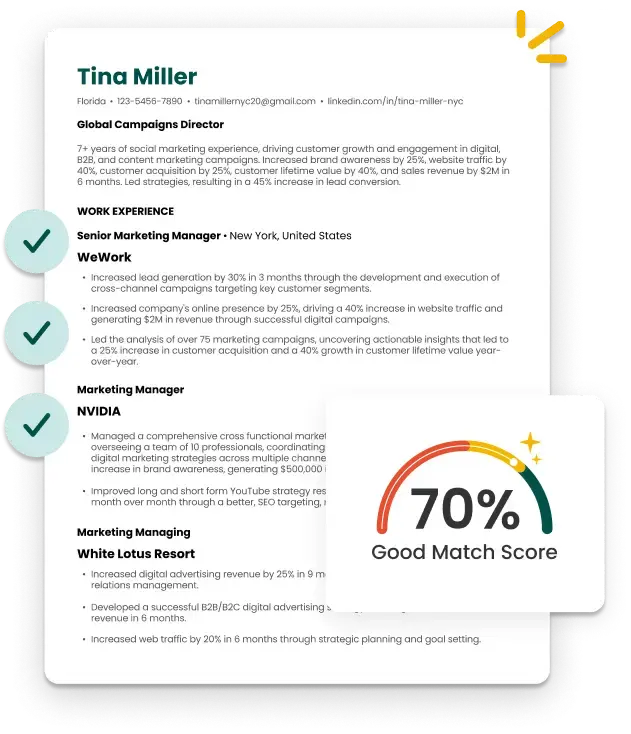About the position
The Lead HR Business Partner (HRBP) plays a crucial role in the human resources department, reporting directly to the HR Business Manager. This position encompasses a wide range of HR functions, primarily focusing on partnering with organizational leaders to support the entire employee life cycle. The HRBP is tasked with helping achieve business objectives by providing expert guidance on various employee relations and development issues. These issues include employee development and performance, staffing, investigations, and ensuring adherence to fair and equitable practices, as well as the administration and development of HR policies. A successful HRBP must effectively balance the needs of employees with those of the company, acting as a strong change agent while maintaining a high level of business literacy related to their assigned client groups. Building strong business partner relationships, influencing stakeholders, impacting change, and demonstrating a strong drive for results are essential skills for this role. The Lead HRBP also collaborates with all facets of Corporate HR to ensure alignment across all sites, often working directly with Corporate HR Directors to address site-specific HR needs. Additionally, this role includes serving as a core member of the site emergency response team, highlighting the HRBP's integral role in organizational safety and compliance. The HRBP is responsible for implementing HR strategies that align with business needs through effective influence and change management. They develop and maintain robust business relationships with client groups to drive results and serve as the subject matter expert (SME) for all HR-related legal and compliance matters. Promoting diversity, equity, and inclusion (DEI) within the workplace is also a key responsibility, supporting a high-performing culture that aligns with the company's core values. The HRBP partners with client groups to interpret and administer various HR policies and programs, guiding employees through HR procedures and practices. Furthermore, they provide performance consulting, conduct investigations related to employee disputes, and manage the full talent management cycle for their assigned client group, which includes succession planning, talent reviews, performance management, and compensation planning.
Responsibilities
- Implement HR strategies aligned with business needs through influence and change management.
- Develop and maintain strong business relationships with client groups to drive business results.
- Serve as the subject matter expert (SME) for all HR-related, legal, and compliance needs.
- Promote and foster diversity, equity, and inclusion (DEI) in the workplace.
- Partner with client groups in the interpretation and administration of HR policies and programs.
- Guide and assist employees in understanding HR policies, procedures, and practices.
- Provide performance consulting, including training, needs assessments, and organizational development.
- Collaborate with HR Organizational Excellence (OE) to develop responsive strategies.
- Conduct investigations and prepare presentations for employee disputes and grievances.
- Research, document, and present special projects as assigned.
- Manage the full talent management cycle for assigned client groups, including succession planning and performance management.
Requirements
- Bachelor's degree required, preferably in human resources, labor and industrial relations, business management, social sciences, or a related field.
- Minimum of six (6) years of relevant HR experience, including broad employee relations experience.
- At least three (3) years of experience in a plant environment is required.
- Advanced degree and SHRM-CP or PHR professional certifications are a plus.
- In-depth knowledge of legal requirements related to HR management, including EEO and ADA compliance.
- Strong ability to work independently and collaboratively to meet organizational needs.
- Excellent time management and organizational skills.
Nice-to-haves
- Advanced degree in a related field.
- SHRM-CP or PHR professional certifications.

